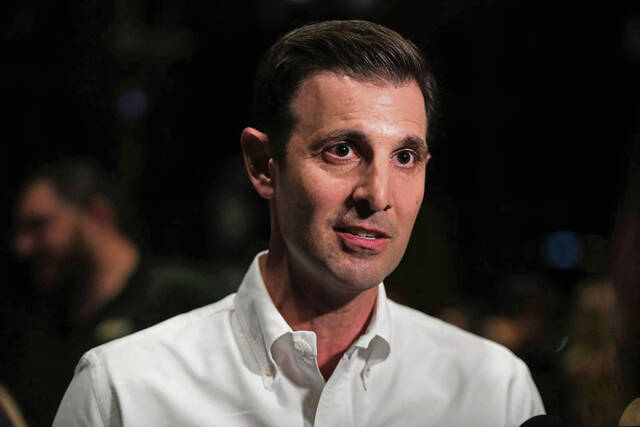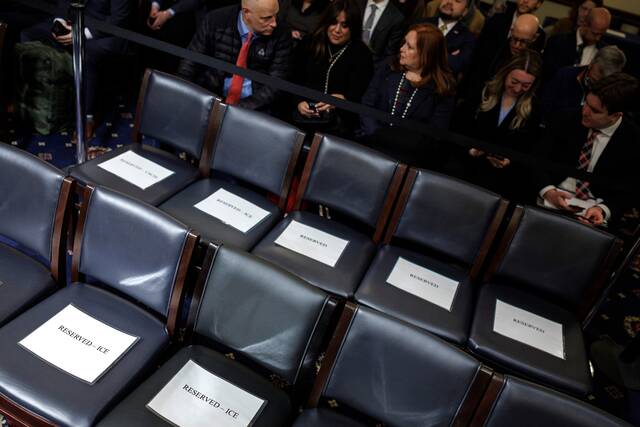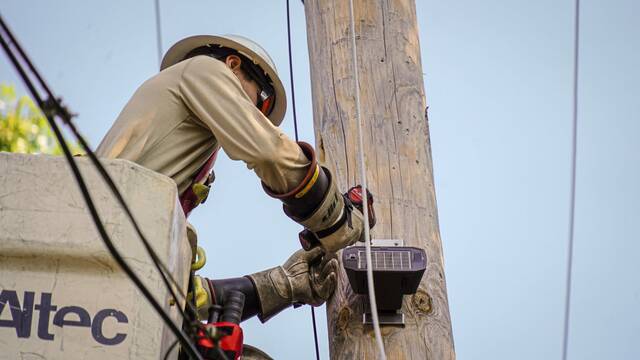The graphic novel “Persepolis” might be back on the list of approved books for freshman honors English students at Franklin Regional, but the parents and residents pushing for its removal do not plan to stop there.
“That, I believe, is only the tip of everything going on,” said Gretchen McGee. “The superintendent said there are no agendas or ideologies going on. I don’t know if that’s true.”
McGee was part of a group of a half-dozen speakers during the school board’s recent public-comment session to address the decision to first pause, and then resume, the teaching of Marjane Satrapi’s graphic novel, “Persepolis,” her story of having grown up in Iran during the Iranian Revolution.
After opting to return the book to the classroom, the board’s curriculum committee offered parents and students an alternative text — a graphic-novel version of Homer’s “The Odyssey.”
Resident and Murrysville Councilwoman Jamie Lingg requested that the district place parental advisories on student instructional material in the same way the music industry began utilizing the “Parental Advisory” sticker on records in the 1990s.
“I appreciate the music industry’s attempt at parental advisory,” Lingg said. “By the (Motion Picture Association of America) standard, ‘Persepolis’ should be considered R-rated material.”
A film version of the book was produced in 2007. It is rated PG-13.
McGee said stories her children have been assigned “seem to be heavily weighed on one side of peoples’ views.”
“One of the StudySync books has six out of 10 stories related to ‘oppressed minorities,’” McGee said. “I believe this sends a message to the children without something as drastic as lining up white kinds on one side of the hall and Black kids on the other, and having the white kids apologize to the Black kids.”
Lingg also pushed back on the notion that pausing the use of “Persepolis” in the classroom amounted to a ban or censorship.
“It’s a restriction,” she said. “Even apps on your phone have their own system of parental advisories.”
As far as nonprofit PEN America is concerned, a ban by any other name is still a ban, and officials there said its first year tallying book challenges in American schools has produced some “shocking” results, according to Jonathan Friedman, director of free expression and education.
“Challenges to books, specifically books by non-white male authors, are happening at the highest rates we’ve ever seen,” Friedman said. “We are witnessing the erasure of topics that only recently represented progress toward inclusion.”
Pennsylvania’s 456 book bans was second to Texas (713). That number includes the removal of titles from schools and libraries.
While the majority of banned books have been works of fiction, PEN America’s database also included children’s biographies of Rosa Parks, Martin Luther King Jr., Duke Ellington, Supreme Court Justice Sonia Sotomayor and Nelson Mandela.
PEN America CEO Suzanne Nossel said the data are concerning.
“A probing look at the surge in book bans across the country exposes an alarming pattern of mounting restrictions targeting specific stories and ideas and the widespread abandonment of established procedures aimed to safeguard the First Amendment in public education,” Nossel said.
At the school board meeting, concerns of some speakers were not limited to “Persepolis.”
“I’m concerned that my children have received surveys asking what pronouns they wish to be referred to as,” said parent and former school board member Susan Ilgenfritz. “I’m concerned about the gender-neutral bathrooms at the intermediate school.”
Ilgenfritz said she did not understand why an honors English class was teaching a graphic novel in the first place, “when there are hundreds of proven classics to dissect.”
Nossel said that while parents and community members deserve a voice in shaping what is taught in schools, “the embrace of book bans as a weapon to ward off narratives that are seen as threatening represents a troubling retreat from America’s historic commitment to the First Amendment rights of students, and to reacting to speech considered objectionable with more speech, rather than censorious prohibitions.”








